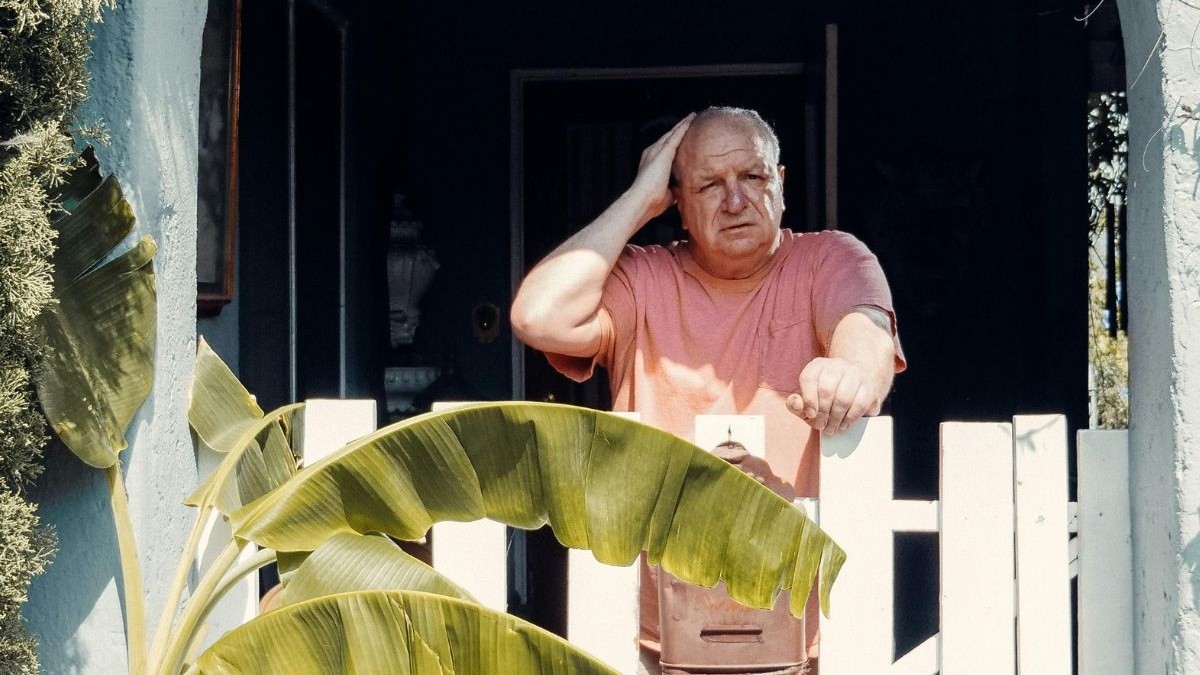4 Reasons Why Some Men Over 50 Are Done with Romantic Adventures

In a society that often idealizes the constant pursuit of love, we encounter a phenomenon that is becoming more common and sometimes misunderstood: men over 50 who, to the surprise of many, consciously choose not to engage in new romantic relationships . Far from the image of the " lone wolf " or the " confirmed bachelor ," this decision is usually rooted in a series of deep and thoughtful reasons that deserve to be explored with objectivity and empathy . Is it a renunciation of love or a redefinition of happiness? Join us as we unravel the motives behind this stance and how it aligns with the pursuit of healthy relationships and overall well-being.
Beyond Singledom: The Reasons Behind the Choice
When we talk about mature men who opt for singleness or the non-active pursuit of a partner , it's crucial to shed stereotypes. The reasons are as diverse as the individuals themselves, but some common trends emerge from sociological and psychological research specializing in older adulthood:
- Prioritizing Personal Well-being and Autonomous Peace : After decades of work and family commitments, many men at this stage of life value their peace and personal space above all else. A study published in the Journal of Marriage and Family (2018) on the experiences of singleness in mid and late adulthood highlights that older adults often find great value in personal autonomy and the ability to structure their lives without the negotiations inherent in a romantic relationship. "Peace becomes a non-negotiable luxury," says Dr. Elena Durán, a clinical psychologist specializing in gerontology. "They've reached a point where emotional balance and individual freedom are more attractive than the drama or demands that sometimes accompany new relationships." This desire for autonomy translates into enjoying hobbies, traveling, spending time with friends, or simply relaxing without the pressure of a romantic commitment.
- Past Experiences and Aversion to Emotional Risk : While fear of commitment is a recurring theme at any age, in men over 50, it often transforms. It's not so much a fear of "losing freedom" but of repeating painful patterns or facing the complexities of starting a relationship from scratch. Complicated divorces, toxic relationships, or the loss of a loved one can leave deep emotional scars. An analysis by the American Psychological Association (APA) on the impact of divorce in mature age (2020) notes that men, in particular, may develop a greater aversion to emotional risk after significant breakup experiences, preferring to avoid the vulnerability that a new relationship entails . The emotional investment and potential for conflict are perceived as too high a risk at this stage of life.
- Mature Realism About Relationship Expectations : With experience comes a more pragmatic and realistic view of what a lasting and healthy relationship entails. Many have learned that love is not a fairy tale and that successful relationships require work, constant communication, and genuine compatibility. If they don't find someone who deeply resonates with their values, lifestyle, and goals, they prefer not to force a connection. A longitudinal study by the University of Michigan (2022) on quality of life in old age found that older single adults often report high levels of satisfaction if their social support networks are strong and they don't feel the need for a romantic partner to validate their happiness. Maturity has taught them to value authenticity and depth in their interactions, beyond mere companionship.
- Focus on Health and Prioritized Self-Care : Starting at 50, awareness of physical and mental health often intensifies. For some, this is a time to invest in themselves: exercise, balanced nutrition, meditation, or even addressing pending therapies for their psychological well-being. A relationship, if not healthy and enriching, could be perceived as an obstacle to these new self-care habits. The journal Journal of Gerontology: Psychological Sciences has published various articles (e.g., 2019) showing how older adults who prioritize self-care activities and health maintenance often build lifestyles that are inherently autonomous and may not "need" a partner for their daily structure.
Well-being, Respect, and Healthy Relationships in All Forms
The decision not to actively seek a romantic relationship in maturity is a personal choice that deserves respect and understanding. It is not a sign of failure or inability to love, but often an indication of self-awareness, resilience, and prioritization of personal well-being.
The most important thing is that each person finds their own path to a fulfilling and healthy life, whether in a relationship or in singleness. The well-being of women, men, and, therefore, the family, is built on foundations of mutual respect, honest communication, and the freedom of each individual to pursue what genuinely makes them happy. At the end of the day, the healthiest relationships are those that allow us to be who we are, grow, and find peace, regardless of their form.
Post a Comment